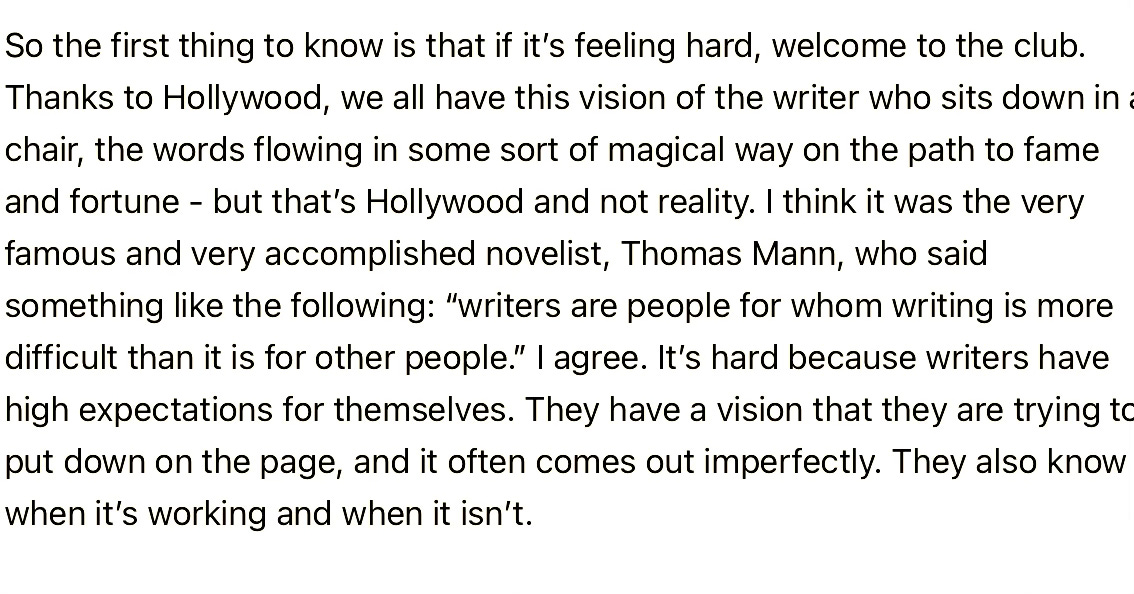I wanted to share a few rays of hope that I’ve found over the past few months. Hope in the form of three young women.
In April, I attended the Los Angeles Times Book Festival, where I cheered the prize finalists and had a wonderful time moderating a panel on biography. While I was sitting with the panelists at their book signing, a young woman approached me. She was a volunteer at the festival, a book-lover (as all the volunteers are), and a first-year student in college.
She had read my book, Young Queens, last year — her high school teacher had recommended it. When she saw my name in the festival program, she made a point of seeking me out. She told me about her college, and that she planned on majoring in English and history. We chatted about books and history. Then we took selfies with each other, both of us beaming.
In May, I did a virtual Q&A with a 9th-grade history class at a school in New York. The teacher and I corresponded a bit over email; I told him I had become interested in history because of my own 9th-grade history teacher. We set up a class visit.
Although it was a virtual visit, I almost felt like I was with those students in person. I could see into the classroom, read their body language, watch their facial expressions. They could see mine. Those students, just 14 and 15 years old, asked loads of tremendous questions.
A few days later, one of the girls in the class sent me an email to ask if I could tell her a bit more about my writing and research. She’s working on her own book and finding the process a tad frustrating. I welcomed her to the club, and told her that if she’s finding it difficult, that means she’s a real writer.
In June, another young woman reached out to me. She’s a college student majoring in both Art History and French. She offered to become my research assistant. We corresponded a bit to figure out if we’d be a good fit, and I am very pleased to say that we are. Her work is excellent. You’ll be seeing the fruits of her research in this newsletter over the coming months.1
None of these young women is over the age of 20, and that’s what gives me hope. These young people are passionate readers. They are committed writers. They love books, history, and ideas.2 They are great thinkers. And they are courageous. Three young woman took the initiative to reach out to me, with no sense of how I would respond. Would I have been as brave at their age? No, I certainly would not have been.
Their bravery inspires me. In this post-Covid, history-denying, AI-obsessed world, these young women are reminding me that books are still generative, that history is still meaningful to people, that young people — perhaps especially young people — are curious, creative, passionate, and ready to embrace the life of the mind. I’m here to cheer them on, however I can.
And these young women have also reminded me that the point of writing is to generate conversations among people — real, actual human conversations. Even better: these are cross-generational conversations. I wrote a book, these young women found it, and now, in ways big and small, we have connected and are even collaborating. To me, that is the real point of being a writer.
That is the whole reward.

For more green shoots of hope from a historian….
You can say hello to my new research assistant, Sadie Ford, here in the comments!
And this is due, in no small part, to their teachers both in high school and college. High school teachers had strongly influenced the two young women I met in April and June. We owe our teachers so much.




Such an inspiring post! Thank you, Leah. And welcome, Sadie!
This is an encouraging post! Thank you for commending the next generation of scholars.
I've been a teacher for 13 years, and I have always cherished my students. I find that people who want to disparage the next generation rarely give these young ones the time and means to express their interests. There is plenty of intelligence, clarity, and passion among students today; we just have to build the forums for them to express it.